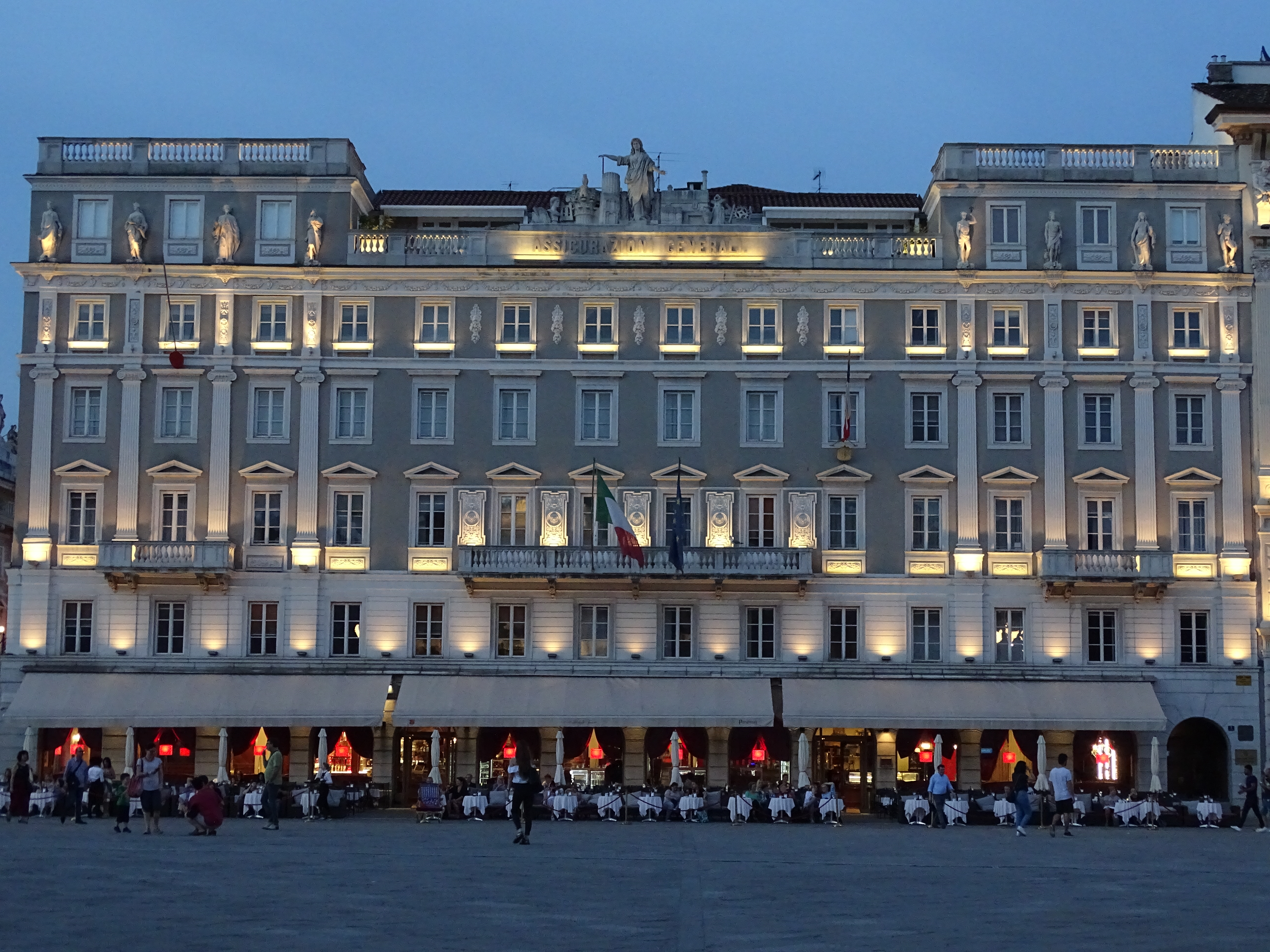SUCCESS STORIES OF RECENT MIGRATORY MOVEMENTS TO VIENNA

“Brunnenmarkt”, street market in Vienna’s 16th district
After the disasters of the first half of the 20th century, First World War, Great Depression, Second World War, disintegration of the Austro-Hungarian Empire, Austro-Fascism and Nazi regime, holocaust and ethnic cleansing, Vienna, the former 2-million multi-ethnic capital of a 50-million peoples’ empire, had turned into a provincial town, capital of a 7-million country, with a decreasing, rather homogenous population. Since the middle of the 1960s the lack of much needed workforce at the times of the economic boom years led to a change of attitude towards labour migration in Austria. The census of 1961 registered 7,074,000 inhabitants in Austria; 102,000 of them foreigners, most of them German citizens, the lowest number ever.
In 1961 the first recruitments abroad for the construction industry took place. Of the agreed 7,300 persons only 1,800 arrived, mostly from Italy. In 1962 a recruitment agreement with Spain under the fascist regime of Franco was unsuccessful. Between 1962 and 1964 37,000 “guest workers” were invited annually, but those numbers of migratory workers never arrived in Austria. Austria did not seem to be an attractive destination at that time. Finally in 1964 a recruitment agreement was signed with Turkey and an official Austrian recruitment office was opened in Istanbul, which was closed nearly 30 years later in 1993. In 1966 such a recruitment agreement was signed with Yugoslavia, too, together with a social agreement that regulated the claims of the workers with respect to health, accident and pension insurance. An official Austrian recruitment office was opened in Belgrade. In 1969 a similar social agreement was negotiated with Turkey. In general, recruitment offices were of minor importance because most migrants entered Austria via tourist visa and their stay was later legalised after they had worked here for some time. The status of these migratory workers was precarious, as the two following examples show: In 1965 Yugoslav workers at the company Iso-Span in Obertrum, Salzburg, went on strike because they received lower wages than agreed. As a consequence the strikers were taken in custody pending deportation. The same happened in 1966, when Yugoslav workers in a construction company in Admont, Styria, went on strike.
Political crises in neighbouring countries also had an effect on migratory movements in Austria. When the dissatisfaction of the Hungarian population with the Soviet domination culminated in the Hungarian revolution of 1956, approximately 180,000 Hungarians fled to Austria and took residence here temporarily. In 1968 160,000 Czech and Slovak refugees settled in Austria for some time due to the revolution in Prague that was crushed by the Soviets as well. After the military coup-d’état In Turkey in 1980 – one of several coup-d’ètats there – the Turkish refugees in Austria received “guest worker” status and that’s why their exact number is not known. When in 1980 martial law was imposed on Poland, more than 35,000 Polish refugees came to Austria, most of which remained here permanently. When in 1991 the war in Yugoslavia started Austria welcomed approximately 90,000 refugees from ex-Yugoslavia over the next four years.
…

